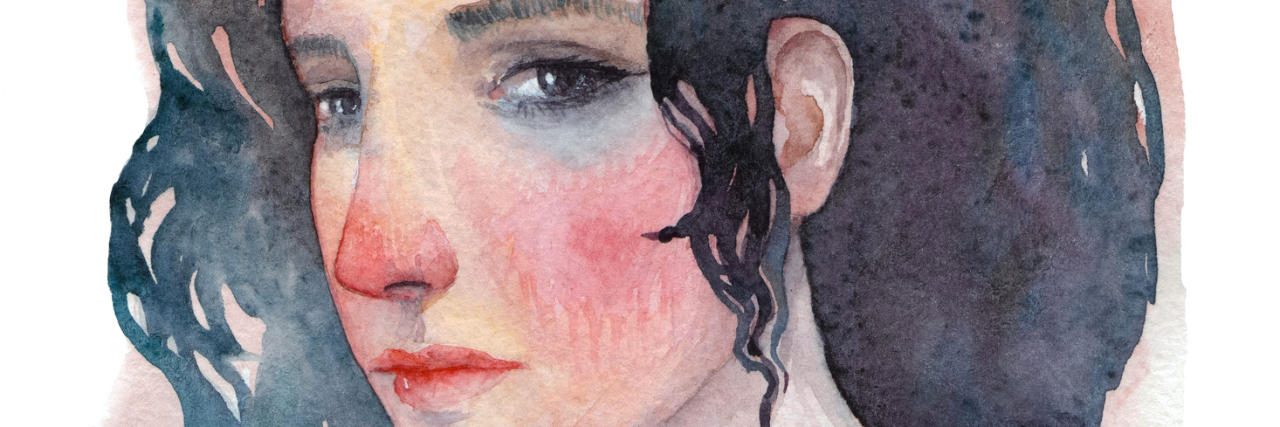We hear the word “burnout” a lot in our society. We live a fast paced, technology driven, achievement based lifestyle and it often gets the better of people. We become tired and run down, eventually leading to mental and physical exhaustion, or burnout. There’s a very stereotypical view of what burnout looks like. Sleeping all day, perhaps run down with the flu, unable to keep up with everyday jobs like grocery shopping, for example. And while some parent carers absolutely do exhibit these symptoms, I believe that more often than not, parent carer burnout presents itself in a different way, and this is where professionals and parents can often clash. In order for a parent to prove they need support, apparently they need to look like they need support. The problem is, professionals are looking for the wrong signs of burnout.
Over a year ago I had a critical appointment that could have become the turning point resulting in support services from out family’s plea for help. I was exhausted and in pieces, yet I woke up, peeled myself out of bed, found some smart clothes and put my makeup on. The appointment happened and I struggled to articulate our challenges. My plea for help wasn’t what I had hoped it would be. But it turned out to be completely irrelevant anyway. The professional hadn’t noticed me struggling to put a sentence together. She had made her mind up purely on the fact I was wearing makeup. She said “you look fantastic” and it was insinuated that things couldn’t be what I was making out because of what I was wearing.
But if she had really looked and had asked the right questions, she would have seen just how burnt out I was.
So what does parent carer burnout really look like?
Its turning up to a meeting with the wrong set of notes. You’ve got tomorrow’s meeting notes instead. In fact you have so many notes, it’s now an essay. Or maybe a dissertation. Who knows.
It’s your shoulders sinking with relief as your child enters through the school gates or doors. It’s not “Phew! Ten minute peace at last!” it’s, “Thank God. At least the authorities can’t penalise me for non attendance today.”
It’s not being able to find time to fit in all your meetings. When a parent can’t find time to fit an appointment, someone should be asking just how much this parent is taking on and having to deal with. From 9 a.m. to 3 p.m. a parent carer should have time off. But when you have to fill that time with appointments, when do you rest? You become a 24 hour carer, working longer hours than a full-time professional.
It’s being unable to hold back tears as they silently trickle down your cheeks in a meeting. The self-control has gone and the emotion is so prevalent it comes out in an involuntary way. Like a saucepan which boils over and you just can’t get there in time.
It’s being too embarrassed to have friends and family around because your house hasn’t been cleaned for weeks. You see it, you just can’t get to it. You care about how your house looks, and the shame of living in a messy house is just too much to take.
Its dreading the sound of the post box. What now? You avoid looking at the mat or you bundle all the letters up into a pile until you have a moment of strength where you slowly open each one. Another appointment, another refusal, more paperwork. Your hands are tired from writing and your eyes are tired from reading every article, law and case study you can find to use in your appeal.
It’s having to practice speeches before attending a tribunal or hearing. Standing, looking in the mirror into your own tired eyes. Do you even believe you anymore? Its repeating, “you can do this” over and over until it sticks.
It’s call screening. Fearing your phone ringing and wondering if you have the strength to deal with a worst case scenario.
It’s having coffee with a friend just so you don’t lose them, when really you just want to be curled up on the sofa. You want to be sociable but your resources are so depleted you just can’t help but need to rest.
It’s forcing yourself to send a text to a friend so they know you’re still here because one day you just pray you’ll be able to see them regularly again.
It’s writing one update on your child and copy and pasting it to everyone who has asked because you can’t face writing down reality more than once.
It’s fearing the day you die so much that you make sure several people know “the plan” on what happens to your child.
It’s fibromyalgia. It’s chronic fatigue syndrome. It’s long term chronic illness caused by all of the above.
You could look perfect every day and no one would know. That’s why parent carer burnout is different. It hides itself within your home and your diary. It lurks in the post and waits to pounce the next time your phone rings. You never know where the next blow will come from, and you live in fear of just one more appointment or medicine being added to your so delicately balanced daily routine.
Just remember, the true friends understand. They will always be there no matter how long you are MIA. Look out for each other, be there for each other, because parent-carer burnout is truly one of a kind.
Getty image by Juliia Tochilina

